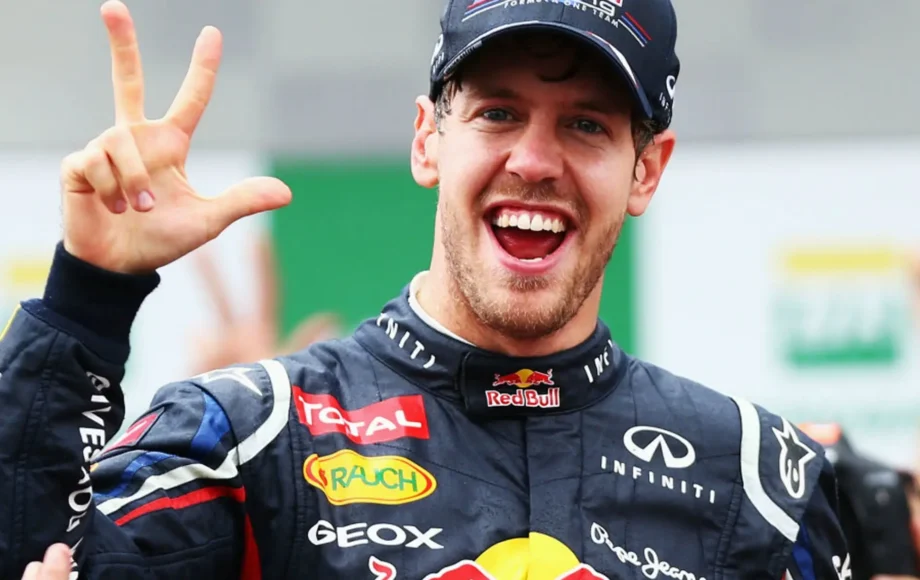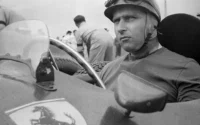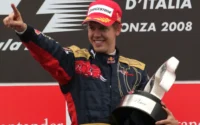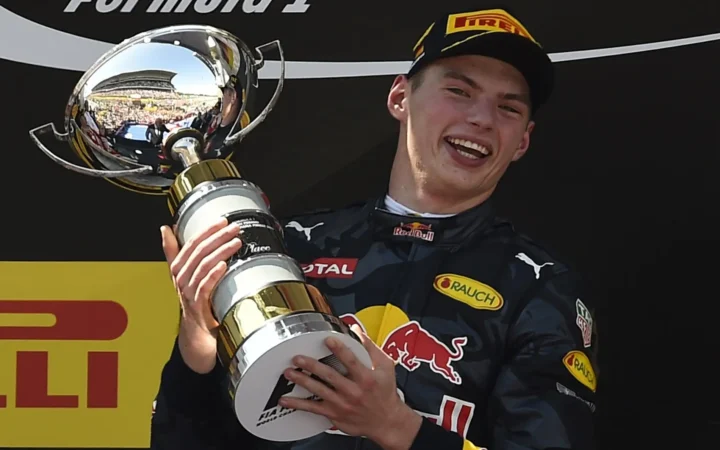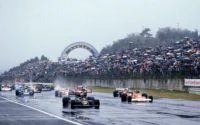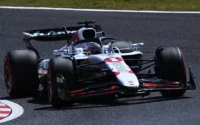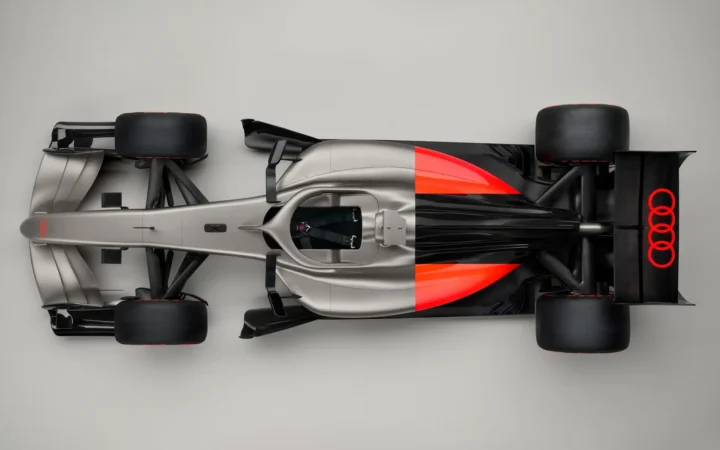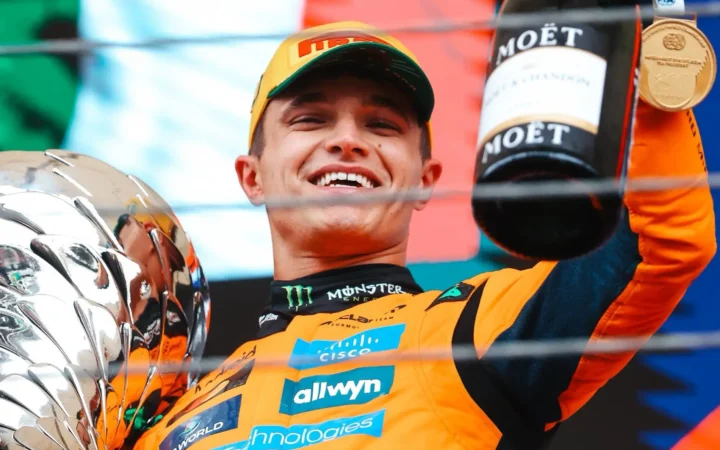From a one-win wonder sealing the crown to a champion prevailing by a single, breathless point, Formula 1 has never been shy of a dramatic title swing. With Max Verstappen exploding back into contention thanks to wins at Monza and Baku, the 2025 title race just found a new contender. Seven Grand Prix and three Sprint weekends remain of the season, and only 69 points separate Oscar Piastri (leader), Lando Norris (second) and Verstappen (third). Paddock chatter says we’ve got a three-horse sprint to the line.
So, could we be on the cusp of another remarkable comeback? While we wait for the final races of the 2025 season to unfold, we revisit some of the most spirited, odds-defying championship turnarounds in F1 history.
What To Know?
- 1976 — Hunt vs Lauda: Lauda led by 23 points at Round 10, then survived a fiery Nürburgring crash and returned after two months, still 3 points ahead before Fuji; in torrential rain Lauda withdrew on safety grounds and Hunt’s P3 sealed his sole World Championship.
- 2007 — Räikkönen’s late surge: With five rounds left, Hamilton had 84 points (Alonso -5, Massa -15, Räikkönen on 68). A Shanghai DNF for Hamilton (beached at the wet pit entry) plus wins in China and Brazil gave Räikkönen the title by one point over both McLarens.
Formula One History Recommends
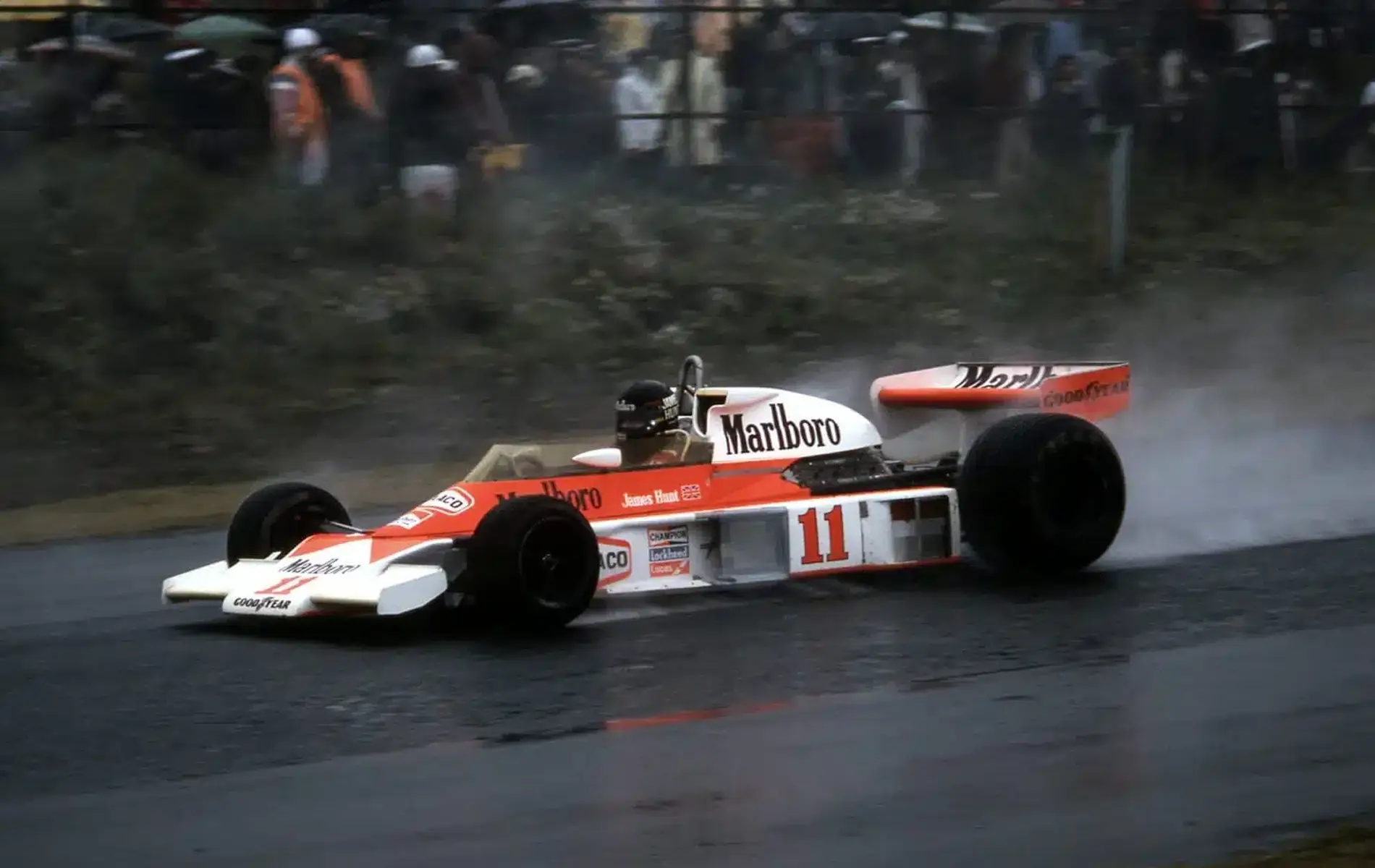
1976: James Hunt’s storm-chasing sprint to glory
Few seasons are as etched into F1 folklore as 1976, the year James Hunt and Niki Lauda wrote a rivalry for the ages. Lauda ruled the opening phase, arriving at Round 10 of 16, the 1976 German Grand Prix, with a commanding 23-point advantage over Hunt. Then came the Nürburgring: a terrifying fire left Lauda with severe burns, the championship picture suddenly blurred by tragedy.
In a recovery that stunned doctors, fans, the paddock, and Ferrari themselves (the team he drove for in ’76), Lauda returned after just two months, rejoining the fight with four races remaining and still clinging to a three-point lead heading into the finale in Japan. But Fuji arrived with a deluge. In conditions he deemed unconscionable, Lauda withdrew from the race. Hunt, skating his McLaren to third place, scored enough points to claim his first and only World Championship. A title decided by fire and water.
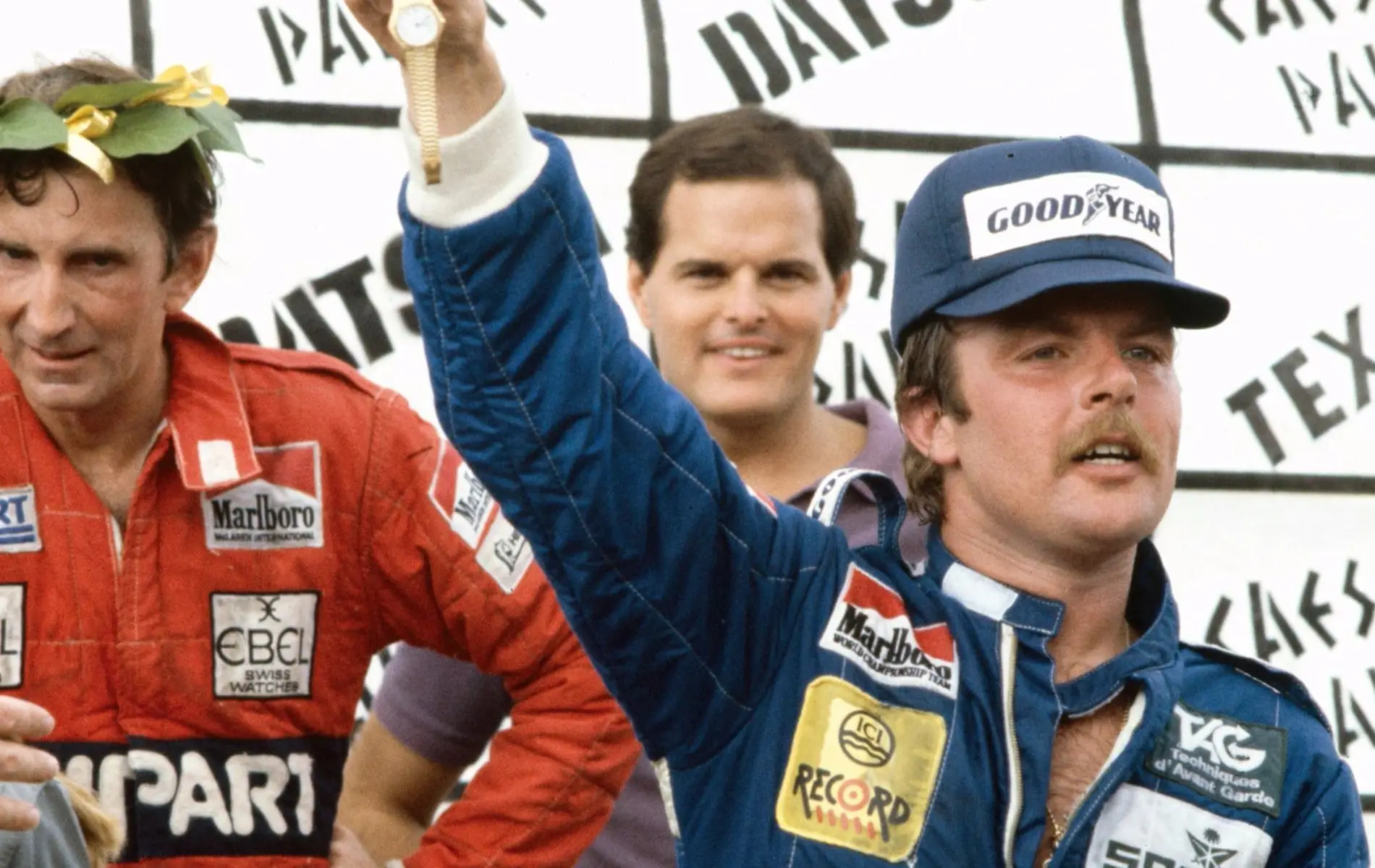
1982: Keke Rosberg’s one-win world crown
Two-thirds into the 1982 season, Keke Rosberg looked like a long shot for the title. He sat fifth in the standings on 23 points. Didier Pironi led the way with 39, and the trio of Pironi, John Watson, Alain Prost and Niki Lauda had all notched two wins apiece. Rosberg? None.
The season’s complexion changed in Germany when Pironi suffered injuries in a crash that ended his F1 career. Rosberg pounced. He broke his duck at Dijon, then arrived at the Las Vegas finale with a nine-point cushion over Watson. The 1982 Caesars Palace Grand Prix delivered the final arithmetic. Watson finished second, and Rosberg came home fifth, which was enough points to walk away with the championship. A world title with only one win to his name. Proof that consistency and timing can outweigh top step podium counts.
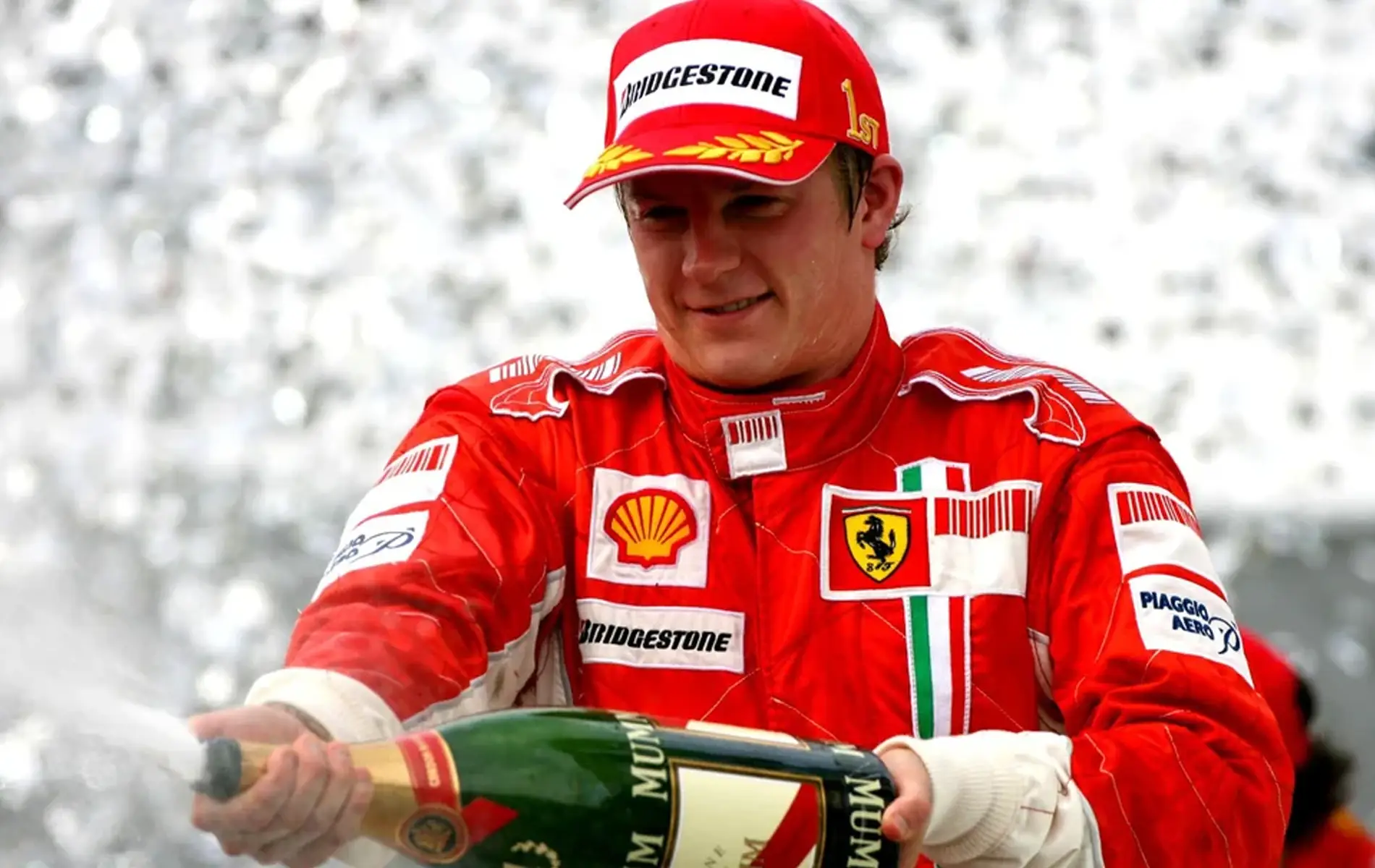
2007: Kimi Räikkönen steals it at the last
Few title swings feel as audacious as 2007. McLaren’s garage had harboured an intense internal battle all season, with rookie Lewis Hamilton leading the way, and the disgruntled two-time champion Fernando Alonso in pursuit. With five rounds remaining, Hamilton had 84 points, five more than Alonso and 15 ahead of Ferrari’s Felipe Massa. Kimi Räikkönen, in his debut Ferrari season, sat fourth on 68 with three wins on the board.
A win at Spa cut the deficit, but with two races left, Hamilton and Alonso still controlled the numbers. Then Shanghai happened: in wet conditions, Hamilton slid into the gravel at the pit entry and recorded his first F1 retirement, while Räikkönen won and slashed the gap to seven points. Interlagos completed the heist when Räikkönen won again, Alonso took third, and Hamilton seventh. The final margin? One point over both McLarens. Cold-blooded and clinical.
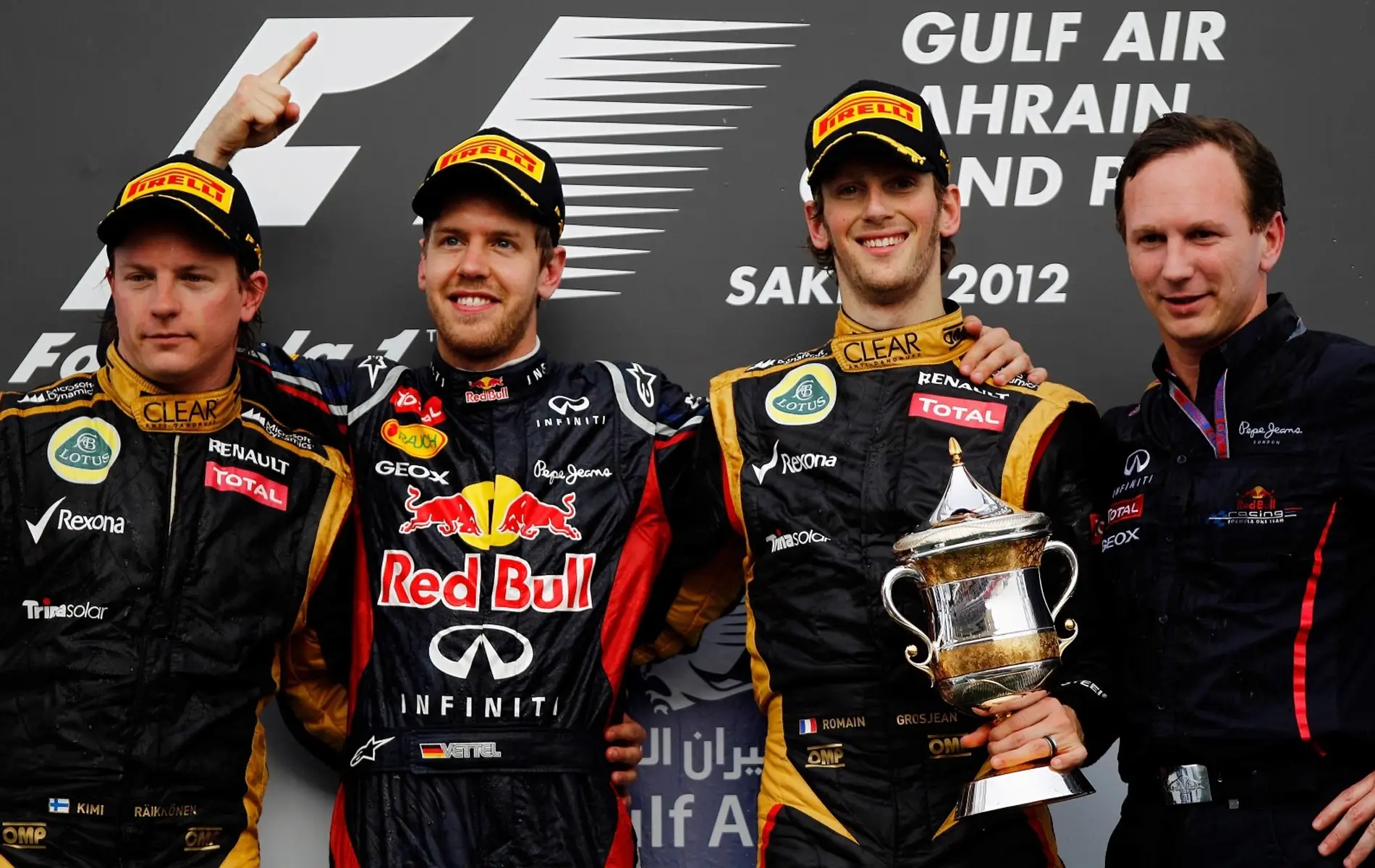
2012: Sebastian Vettel, down, damaged, and still champion
Sebastian Vettel already knew about comebacks with his maiden 2010 title, which arrived after overturning an early Hamilton lead and edging Fernando Alonso by four points in the first season of the 25-for-a-win points system. But 2012 raised the bar.
The year started as a lottery, with seven different winners in the opening seven races, including Vettel, and no runaway leader. Alonso then built a cushion, and with eight Grand Prix to go, it was Alonso 164, Vettel 140. Red Bull’s response? Four consecutive wins for Vettel late in the campaign flipped the standings, allowing him to reach Brazil with a 13-point advantage.
Interlagos did its best to upend everything on lap one when Vettel tangled with Bruno Senna, tumbled to the back, and carried damage. Rain and long pit work added complexity, but Vettel ground out sixth place at the chequered flag. Alonso finished second, leaving the final tally to Vettel by three solitary points. Title number three, earned the hard way.
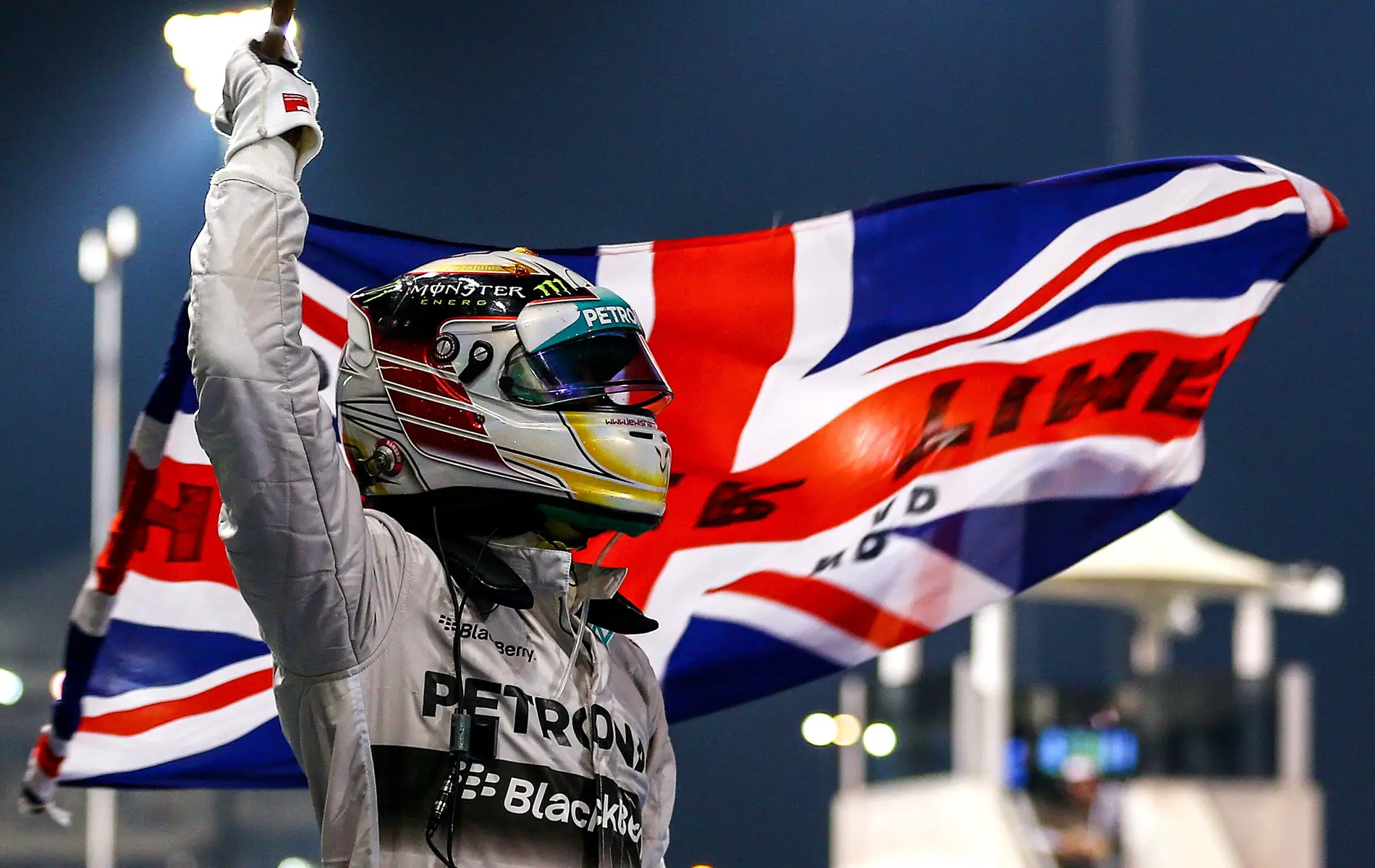
2014: Lewis Hamilton: rivalry ignites, momentum flips
The opening chapter of the Hamilton–Rosberg duel offered a tidy reminder that a season’s second act can tell a different story. Hamilton blitzed the start with four wins from the first five races for Mercedes, but Nico Rosberg struck back in Monaco and took the points lead. Come the summer break, Rosberg was 11 clear, with an eye on replicating his father’s 1982 title.
After Spa, which was won by Daniel Ricciardo, Hamilton found another gear, pulling off six wins in the final seven rounds. Rosberg kept the arithmetic alive until Abu Dhabi, where reliability woes dropped him to 14th. Hamilton won the race and sealed his second World Championship. Not the largest deficit, but a definitive momentum swing.
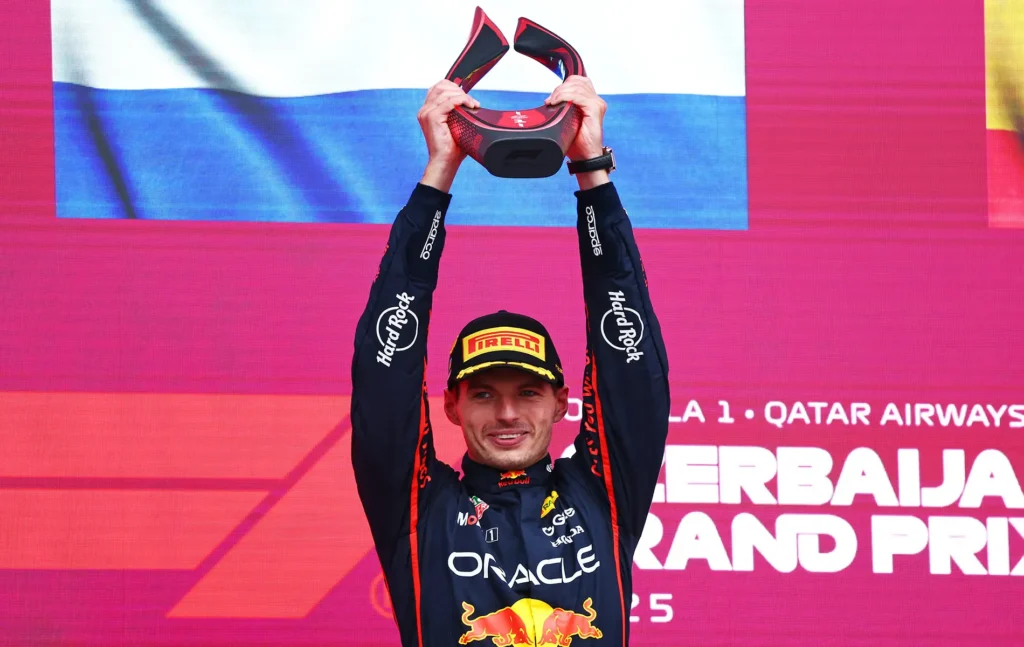
2025: Signs of another twist?
Back in the present, Verstappen’s wins at Monza and Baku have squeezed the title picture. With seven Grands Prix and three Sprints still to run, only 69 points separate leader Oscar Piastri, chaser Lando Norris, and a resurgent Verstappen, enough for most insiders to call it a three-car battle. History suggests that late-season surges happen more often than you’d think. If 2025 wants to join the historic seasons before, it knows the brief. Keep it tight, keep it tense, and make the finale unmissable.
Seen in:

